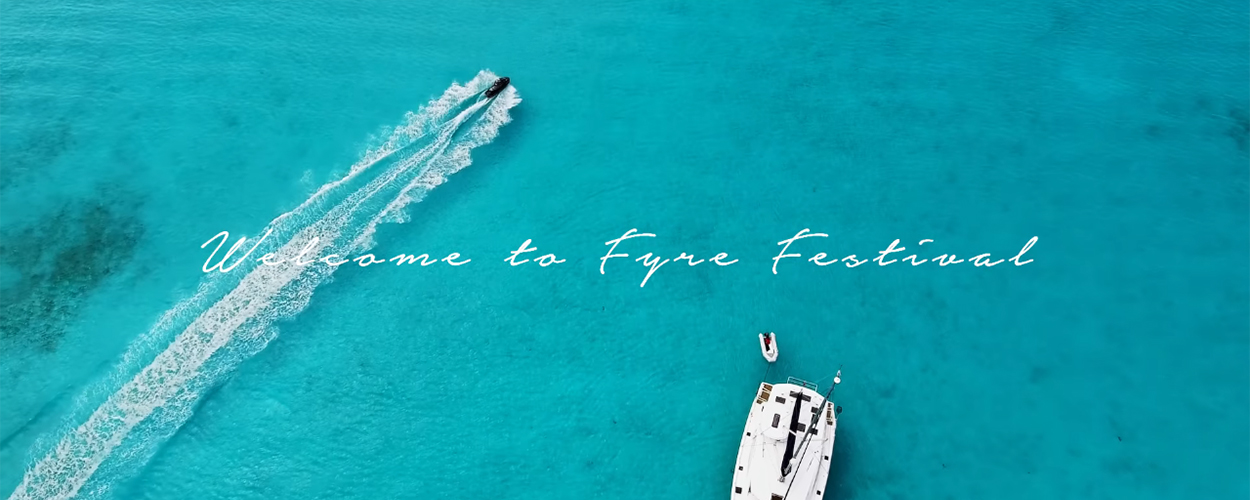This website uses cookies so that we can provide you with the best user experience possible. Cookie information is stored in your browser and performs functions such as recognising you when you return to our website and helping our team to understand which sections of the website you find most interesting and useful.
Business News Legal Live Business
Fyre Festival ticket-buyer requests rethink in ongoing bid to get class action status for lawsuit
By Chris Cooke | Published on Tuesday 22 December 2020

The ticket-buyer leading one of the original Fyre Festival lawsuits has asked a US court to reconsider his bid to make the litigation a class action. Or, if the judge won’t reconsider, that another ticket-buyer be allowed to become lead plaintiff on the case.
The disastrous Fyre Festival led to a flurry of litigation, of course, as well as the criminal action that resulted in the event’s founder Billy McFarland being jailed.
Daniel Jung sued the Fyre company and McFarland pretty much as soon as the infamous festival collapsed at the end of April 2017. That litigation has been slowly working its way through the system ever since. Jung wanted class action status for his lawsuit, so that other ticket-buyers could benefit from any successful outcome.
But the judge overseeing the case recently declined to classify the litigation as a class action. That was partly based on the fact that Jung currently resides in the Netherlands leading to concerns he couldn’t “adequately monitor and direct counsel” on behalf of the proposed class.
Judge P Kevin Castle also said that the case centred on ticket-holders making buying decisions based on marketing communications put out by McFarland and his company. However, it was not certain that all class members had seen or acted upon the same marketing messages.
In a new legal filing, Jung argues that Castle’s decision was based on some misunderstandings. First, while he is currently in the Netherlands, that’s a temporary thing and he plans to return to the US once the COVID pandemic subsides. Plus, despite being abroad, he has continued to actively engage with the legal process.
As for what unites the class, Jung adds that he relied upon Fyre Festival’s social media marketing and that – while it’s true different ticket-buyers may have seen and acted upon different specific messages – the class is united in having been influenced by the event’s social activity. And that should be sufficient to count as ‘typicality’, ie that Jung’s claims are typical of the class he seeks to represent.
The new legal filing states: “[While] it would be impossible to pinpoint every plaintiffs’ specific advertisement they saw that induced them into purchasing their ticket … courts have agreed that ‘minor variations’ in the fact patterns do not preclude typicality, nor should defendants be rewarded for a common scheme that was successfully executed because of the slight variations made”.
That said, if Castle is still not convinced, the lawyers leading the case have requested that they be able to change the lead plaintiff on the lawsuit, switching to a ticket-buyer that would satisfy the judge’s requirements.
Castle also recently declined Jung’s motion for a default judgement in his favour. The new legal filing also requests a rethink on that point too.





